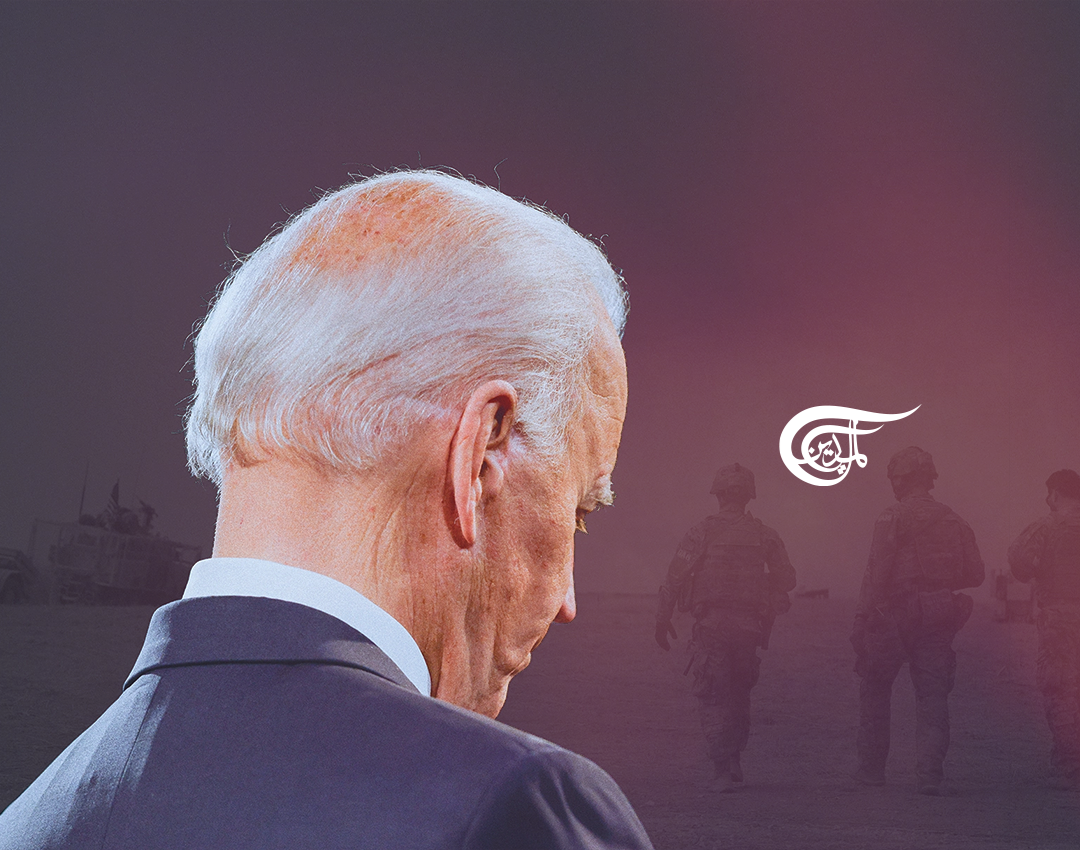Biden’s Debacle in Afghanistan: the ‘Graveyard of Empires’ Strikes Again
President Biden has blamed Afghan leaders and soldiers who ‘gave up and fled’, but the lasting blame for the tragedy of Afghanistan rests, as always, with foreign powers.
Twenty years ago I rode a horse over the Hindu Kush to Kabul to see the fall of the Taliban. I was part of an invading army of journalists there to cover America’s ‘war on terror’. Its apparent objective was regime change followed by nation-building, but a few days ago, as the 20th anniversary of 9/11 loomed, the post-Taliban state that was built over two decades with trillions of US dollars, vanished into thin air. The ancien regime of black-turbaned mullahs returned to Kabul without a fight but with a vengeance.
So what was the point? The sudden and ignominious end to the US mission in Afghanistan has shocked the world. The humiliation of America and its Western allies could hardly be more clear-cut. In one ghastly image that will stick in people’s minds, a US air force transport plane took off from Kabul airport with desperate Afghans clinging to its undercarriage, from which they soon fell to their deaths. Pictures of helicopters lifting off from the US embassy recall the humiliating fall of Saigon in 1975. Now, as then, the American invasion is a tragedy for the people in a faraway country, of whom the Washington elite knows nothing and a betrayal of the thousands of US and allied troops – and more than 120,000 Afghans – who died in the conflict.
How did a government with 350,000 soldiers, trained and equipped by the best armies in the world, collapse so quickly? The Taliban thought to number no more than 200,000 soldiers, armed mostly with the equipment they have seized from their enemies, captured all of Afghanistan’s cities in less than a week.
The answer, as always in war, boils down to politics. A month ago, President Ashraf Ghani, who has now fled the country with his closest aides, seemed confident that the Afghan National Defence and Security Forces had the training, equipment, and competence to hold off a Taliban takeover after the US withdrew its forces.
He wasn’t the only one. ‘The likelihood there is going to the Taliban overrunning everything and owning the whole country is highly unlikely,” his US counterpart, Joe Biden, the US President said in July as he affirmed his determination to complete the pullout by 31st August.
Unfortunately, Biden, a foreign policy veteran of half a century, lacked the political insight to see the widespread public disillusionment with the chronic corruption of President Ghani’s government, and Ghani himself, a World Bank technocrat and therefore a fixture in the Washington elite over many years, lacked the political skills to keep Afghanistan’s many different ethnic groups loyal to the idea of a national cause.
No wonder the much-vaunted Afghan National Defence Force was unable to defend the nation. It was part of the problem, not of the solution. Afghanistan’s army and security forces have been plagued by corruption and other scandals, such as ‘ghost soldiers’, whose salaries are paid to cronies and bureaucrats. In reality, the government didn’t have 350,000 troops at its command. The real number was much lower.
The Afghan government’s failure was political, not military – and politics, not military strength, was also the key to the Taliban’s success. The fundamental problem was disillusionment among Afghanistan’s miscellaneous tribes, clans, militias, and ethnicities that allowed a Taliban network of local warlords to negotiate with Ghani’s underlings, city by city. In other words, the rug wasn’t pulled out from underneath the central government in Kabul. It was just unraveled thread by thread.
President Biden has blamed Afghan leaders and soldiers who ‘gave up and fled’, but the lasting blame for the tragedy of Afghanistan rests, as always, with foreign powers. That traditional ethnic, tribal, and even family ties overshadowed any loyalty to the international regime in the so-called ‘graveyard of empires’ is merely the latest installment in a grim history lesson that dates back almost two centuries to the First Anglo-Afghan War.
The fate of ordinary Afghans, and especially of women, now hangs in the balance because former US President Donald Trump was impatient to sign a peace deal with the Taliban during his re-election year and because his successor was afraid of being caught in a Republican trap if he reneged on the ill-planned pullout by 9/11/21.
Unfortunately, patience is a virtue in war – if war can be virtuous – as the Taliban always understood. ‘You have the watches, but we have the time,’ goes the old Afghan proverb. In other words, unless the foreign adventurists have a long-term plan for regime change, then history just rewinds itself. How long will it be before the horse soldiers and journalists are riding over the horizon of the Hindu Kush again?

 Hugh Barnes
Hugh Barnes
 5 Min Read
5 Min Read









